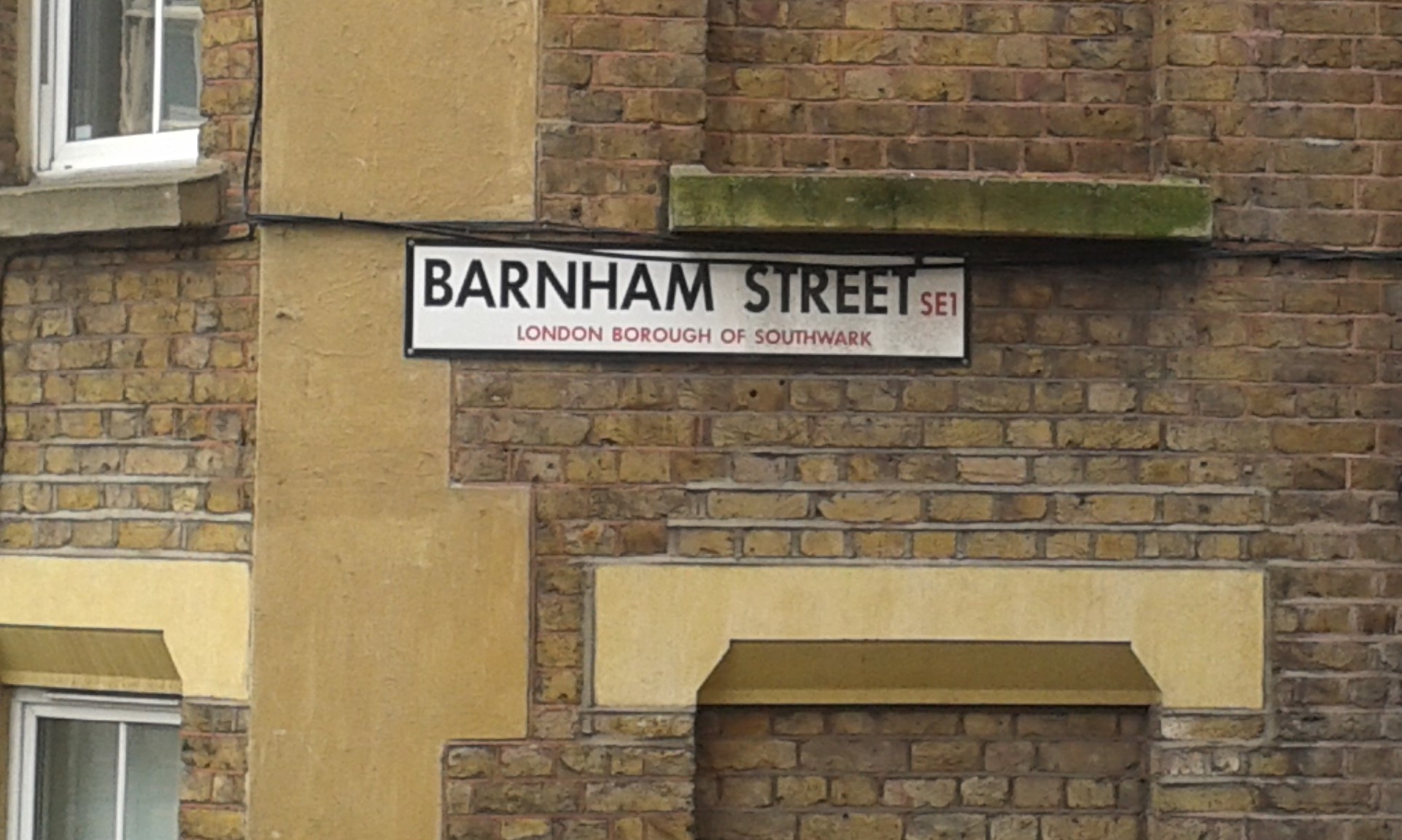My story, “Everywhere is Everywhere and Anywhere Else is Nowhere,” was published eighteen months ago in top Scottish SF magazine Shoreline of Infinity.
It’s always lovely to have a story picked up and given a second life, so I’m pleased that it’s being republished in the latest anthology from Water Dragon Publishing, the Dragon Gems Spring 2025 Anthology.
EIEAAEIN (longest title I’ve ever written!) is about a world transformed by instant travel, but at a subtle but devastating cost to some.
The anthology is well worth your time, with an exciting variety of tales. You can get it from Water Dragon, or the usual suspects like Amazon.
Meanwhile, here’s a taster for my story…
Everywhere is Everywhere and Anywhere Else is Nowhere
Inside the house, male voices belt out the fortieth rendition of “Blessing grant, oh God of nations, on the isles of Fiji”, sung by the bunch of rugby players who ported in with Alex from Malibu. These guys are built like wardrobes, and they’ve drunk western LA county dry. Kelly’s in the garden, working on her fifth large Chardonnay of the afternoon, watching the sun sink into the hills, casting shadows on the river.
When the phone rings, it takes her several seconds to place the sound. She finds the receiver wedged between two cushions of the chesterfield.
“Kelly? It’s Byron.”
“Byron! How are you? Haven’t seen you in…”
Well, how long is it? They kept in touch after college and there was a year when they were an item, but that must be a decade ago. Kelly’s hazy about it now, but didn’t they part on bad terms? Byron called her a sellout for working in PR; she said he was a loser for thinking there was any money in whatever neuroscience dead-end he was mad about that week.
“Kelly, we need to talk. There’s something…”
“Shores of GOLDEN SAND! And sunshine, happiness, and song! Stand UNITED! We of Fiji. Fame and glory ever!” A conga line of Fijian rugby players sashays down the staircase. Alex is at the front, a bottle of rum in one hand, wearing a pair of shorts as a hat. “Kelly!” he yells. “Come to Fiji. The sun’s coming up.” Kelly shakes her head and points at the phone.
“…important we talk,” Byron says. “People need to -.”
“ONWARD march TOGETHER!” The rugby singers boom louder as they reach the Port room, but the volume shrinks as they go through. “GOD…. Bless…Fiji.”
“I need your help.” Byron’s voice cracks. “I don’t know who to call.”
The house falls silent as the last reveler transmits to Fiji. Kelly hates a quiet house; it swells with empty space for her thoughts to fill.
“Come over, Byron. But be quick. I’ve got a date in Fiji.”
“I’ll be there as soon as I can,” he says. “Don’t tell anyone. And don’t use the -.” Kelly clicks off the phone and drops it on the couch.
She waits a whole half hour and Byron doesn’t show. She checks the Port settings maybe a hundred times. Kelly hates hanging around, especially when the floating party’s ported to the other side of the world. It’s dark outside and a Fijian sunrise sounds attractive. She picks up the phone and presses ringback. The call shunts to voicemail and she hangs up.
She changes into swimsuit and sandals. In the Port room she half-expects Byron to flicker in behind the glass door before she can leave, but the cubicle’s dark. She steps inside. The cubicle lights come on and ripple in lilac, and a puff of air on her face makes her blink. When she reopens her eyes, she’s in a different room and she’s got that tingling buzz of her senses dialed up a notch, like a first glass of wine. People say porting stimulates endorphins; it sure works for Kelly. She opens the door and smells the sea. This house has wooden floors, smudged with sand and damp footprints. Outside, a verandah gives onto a beach. As always after a Port, Kelly’s mildly horny and fuzzy, briefly unsure where she is or why she’s here. Down at the shore, people dance around a driftwood fire. A fat sun heaves itself into a salmon sky. Kelly runs to join the party….








